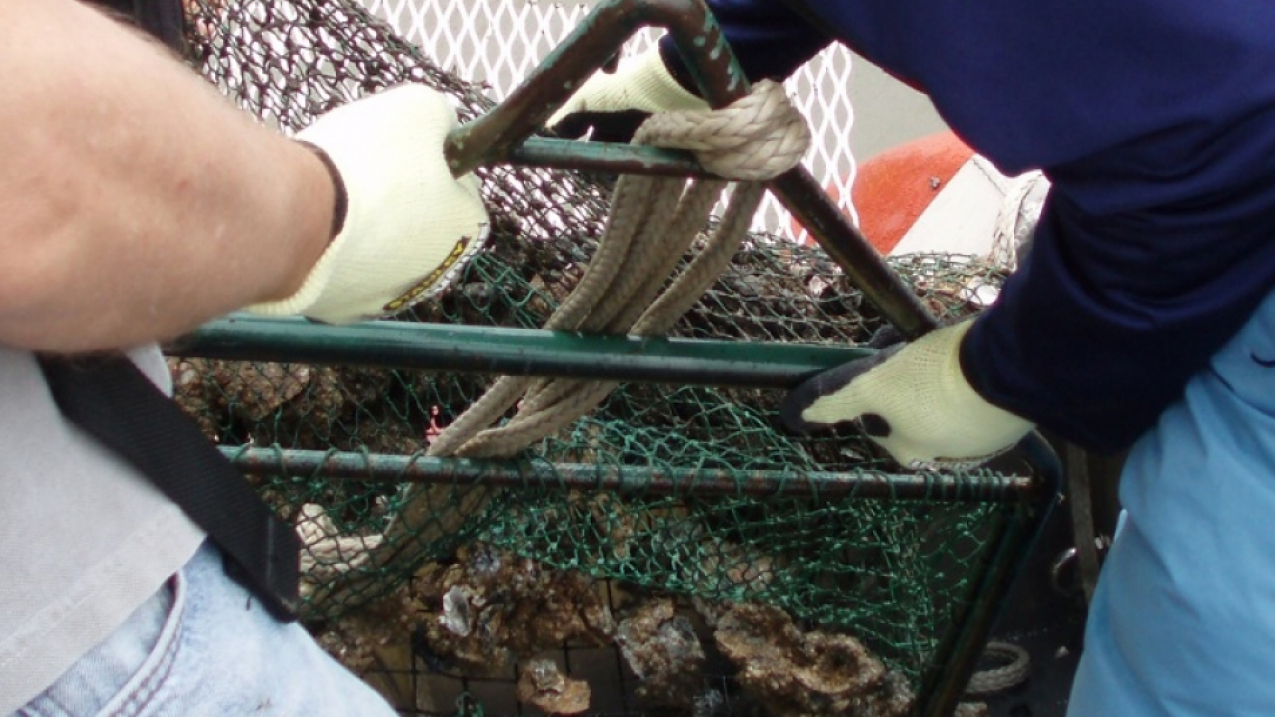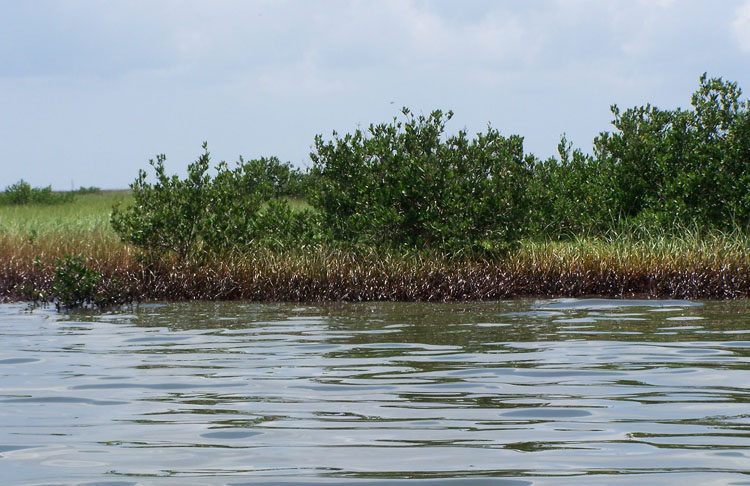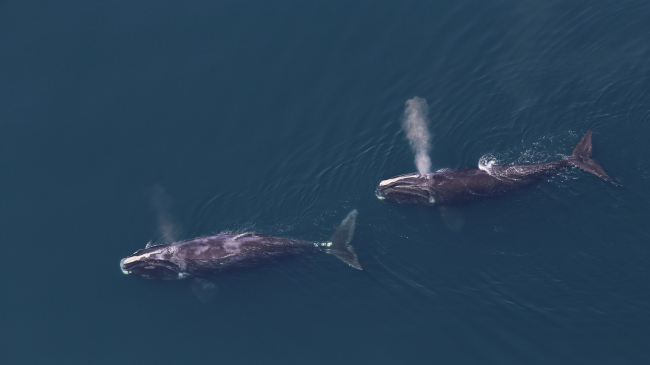Projects to study and support management of living coastal and marine resources
To support efforts to protect fisheries in the Gulf of Mexico, U.S. Secretary of Commerce Wilbur Ross announced that NOAA has issued awards totaling of $16.7 million from its RESTORE Act Science Program. This year, the awardees’ proposed projects support research into bluefin tuna, blue crabs, Mississippi oyster farmers and other parts of the Gulf ecosystem.

Fishermen collect oysters in the Gulf of Mexico. Several of the RESTORE Act Science Program awards are going towards projects looking at effects on oyster reefs and optimizing oyster resources. (Image credit: NOAA)





